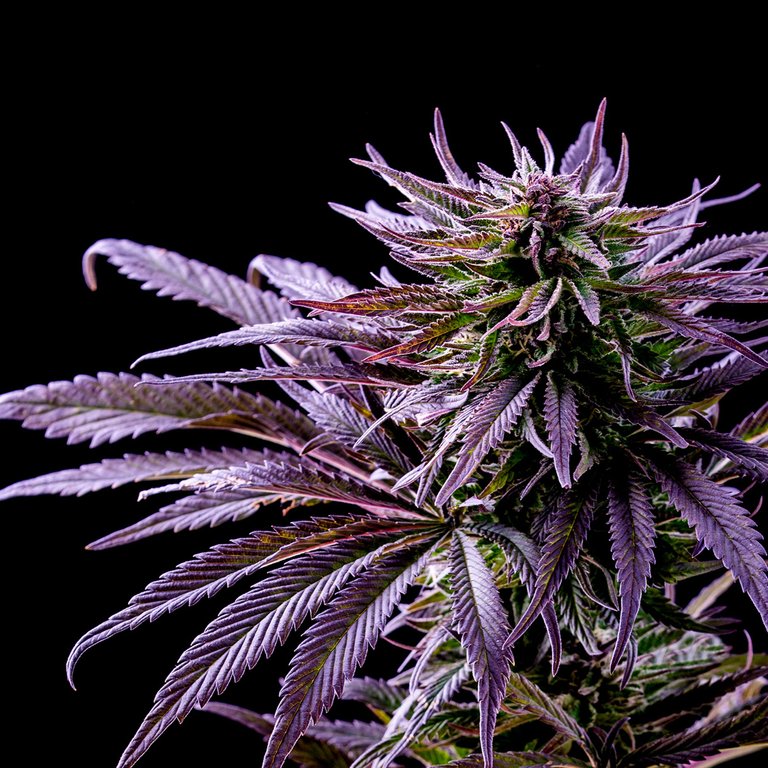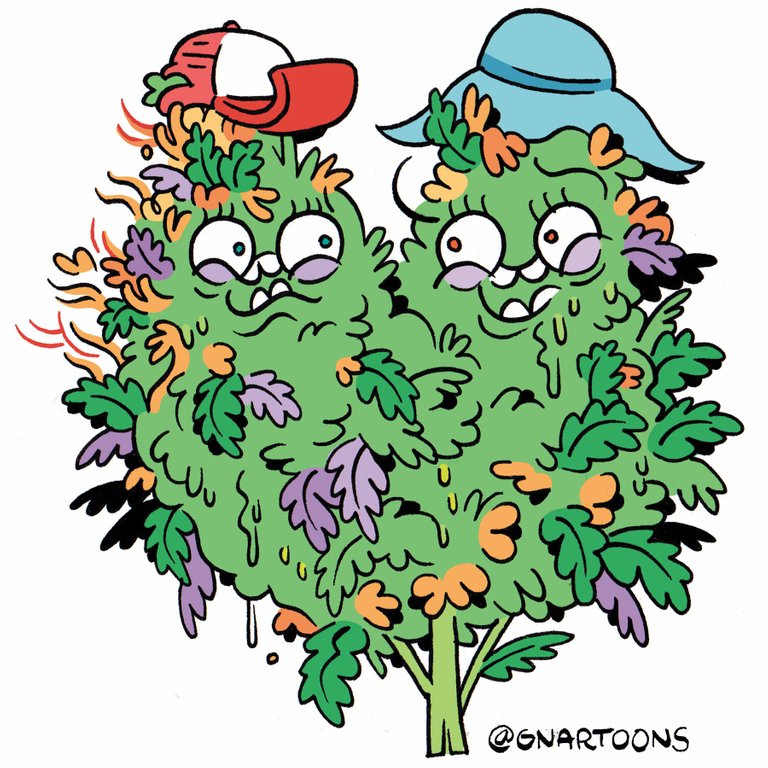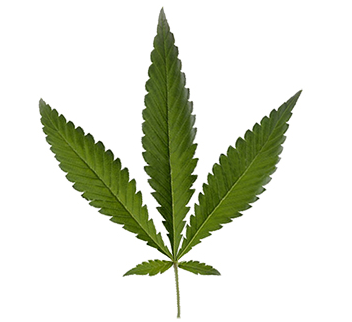
(Photo Credit: spokesman.com)
The Three Types of Cannabis Seeds
Due to innovations in growing and breeding techniques, growers now have a choice in what types of seeds they purchase.
These three types are:
- Regular (unfeminized photoperiod plants, on average you will get 50% female and 50% male plants from these regular seeds)
- Feminized (photoperiod plants that are created by crossing two female plants, resulting in guaranteed female genetics)
- Autoflowering (These are plants that have been crossed with a Ruderalis strain, then put through the same feminization process to produce autoflowering females)
The introduction of Ruderalis genetics has necessitated the need to differentiate between "photoperiod" -- traditional seeds/plants that need 12 hours of uninterrupted dark to enter and stay in the flowering state, and auto-flowering "autoflower" types that will flower after a specific time period regardless of the length of the photoperiod.
Regular Seeds

(Illustration by James Stanton, via seattleweekly.com)
Pros
- Regular seeds are what you get when you allow a male plant to pollinate a female plant. A pollinated calyx will produce a single seed. This is the way that nature intended and this is still the best way to produce seeds for breeding purposes, as it helps to keep the breeding genetics clean of negative traits like hermaphroditism.
- Regular seeds also allow a grower to do "seed saving" which means to grow a crop for seed, then save those seeds so that you can grow the same genetics again and again.
- Regular seeds allow you to make healthy, viable, hybrids for your own breeding programs.
Cons
- Most growers in the world are hobbyists looking for sticky nugs, they don't care about male plants or breeding, or seed saving, they just want nugs. Given the extra hassle of having to pull out the males from the crop to keep your plants pure sinsemilla most people are disinterested in regular seeds.
- You need to know how to "sex" your plants to determine their gender. New or inexperienced growers may not have this skill yet (don't worry, if you are new to growing sexing plants is very easy).
Feminized Seeds

(Photo Credit: Cover art for "Stoner Girl" by Skandalous, via soundcloud.com)
Pros
- Guaranteed females! Feminized seeds will always produce a female plant!
- Can turn a plant into a "mother" from which you can take clones and continuously produce your favorite types of nugs!
- No worries about how many males you have in the crop, they are all female -- every sprouted seedling will become a female plant!
Cons
- It is not wise to use feminized seeds as the basis of, or within, a breeding program. Feminized seeds carry a higher genetic potential for hermphroditism, because they were created by taking two females of the same strain, and spraying one down with a common mutagen agent like colloidal silver or gibberellic acid. This will force the treated plant to develop male flowers, which are then used to pollinate the other untreated female plant.
- No possibility for seed saving here. Feminized seeds will always produce females, and without using another round of mutagen agents, you will never get pollen to reproduce seeds, unless of course you have the original plants used to make the feminized seeds.
Autoflower Seeds
(Photo Credit: Zambeza Sees, via zambeza.com)
Pros
- Guaranteed females!
- Automatically flowers regardless of photoperiod!
- Short stature, ideal for indoor growing.
- Can be planted early in the year for a late spring harvest, or in late summer for a autumn harvest, the short flowering cycle of autoflowers gives hobby growers options to fit their needs!
Cons
- Low Yields compared to photoperiods.
- You need your feeding scheduled dialed in, there are no chances to fix deficiencies with autoflowers, they just finish too fast for any kind of real course corrections
- Training, topping, and cropping your autoflowers is recommended, as without it, the traditional structure of autoflower plants will remain extra-extra puny.
- No opportunity for seed saving, and due to the autoflowering nature of these seeds, you can't take clones from them either.
Conclusion
For most hobby growers Feminized or Auto-Feminized seeds are sufficient. If you want to breed your plants, or do seed-saving, then you should definitely buy regular seeds. If you are looking for large yields, it is recommended that you go with regular or feminized photoperiod seeds, because the autoflowers won't get as big as photoperiods, and your end yield will be smaller.
If you liked this article, hit that upvote button, give me a follow, and if you want, drop me a comment!
Happy toking ya potheads!

I believe autos can also come in reg seed. However there are a lot more fems out there, due to difficulty breeding, not taking clones is a big drawback as well.
However with proper training, autos can yeild just as much as photos. But I doubt they ever would come close to a photo done outdoors.
Indeed, ruderalis in nature is not feminized, I've only rarely seen regular ruderalis seeds for sale, mostly for breeders who want to develop an autoflowering strain.
I have never enjoyed the flavor from autoflowers, ruteralis was never known for its terpenes lol.
Feminized genetics that have less than 200 generations in the crossbreed are the best. It seems the terpene profile dies off after about the 200th batch of clones, thats about 2-4 years per mother in my experience.
Whoa! That is super interesting! See these are the hidden nuances that noobs like me won't discover for another 20 years otherwise! I simply don't have the level of experience to know that... thank you kind stranger!
in all fairness I cant grow it either, thats second hand knowledge I have from people who know how to grow, I was complaining about missing the Hempstar from the 2010 time frame. They told me unfortunately the Mother wasnt making good terpenes anymore, but it was about the 200th batch of clones they took from that specific mother, not specific to all strains.